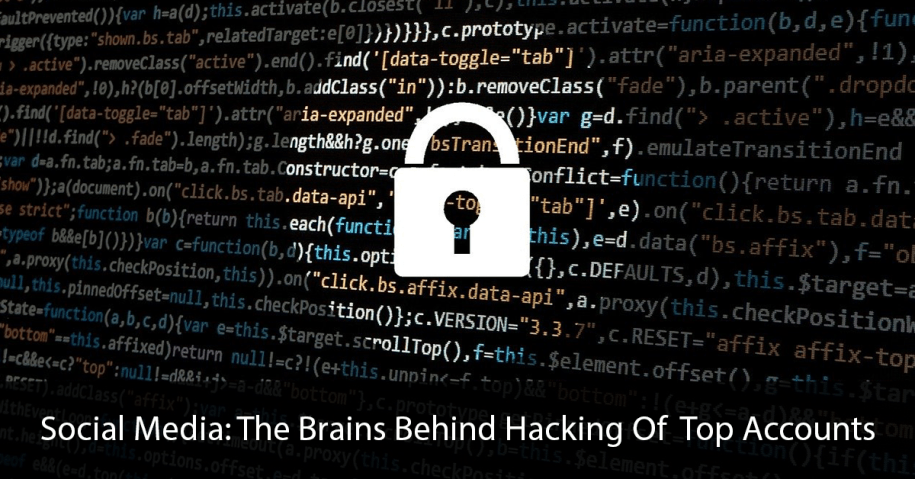The bitcoin share scam shocked the world for the simple reason of how could a single person come up with a plan like that? How did they get to hack such a high social media account on Twitter? There are many questions being asked, but this article will hopefully attempt to answer some of these.
Social Media
Social media came as a welcome idea, however, its emergence empowered hackers and created new ones. Hackers love social media. In fact, for them, they see it as an open challenge. The problem is that we go on blaming the social media platforms for not having enough security. Sadly, we will continue to fail if we do not remember that humans have always been hack-able from day one. Let us look at this: social media is a web; it connects us to almost everything. So, if a hacker gets afoot there, how will they not get through everything you have? Let’s take a closer look.
Foothold
People say that accounts are hacked based on the amount of personal information disclosed, but can that explain the hacking of the influential accounts on Twitter? According to a study from 2016, about 84% of social media accounts have been hacked. About 86% of these hacked accounts confessed to not exposing so many of their personal information online. So, how did the hackers do it?
Starting from when you download a free game, do you notice that the developers of these games ask you to share the game with a friend? As time goes on, they ask you to connect to Facebook and other social media platforms. These connections make you vulnerable to any hacker, so if the developer of the game is a hacker, he can have your details. Also, they can get your details when you use a public Wi-Fi hotspot to log in on a social media account. The open hotspot allows anyone utilizing the hub to read your details.
This is all the hackers need to hack you. When hackers find their way in, they will detect your shopping history, comments on retailers, and find a trail on everything you have been doing. You may try as much as you can to protect your personal information, but there are things you may not remember:
- Everything you have posted on social media never goes away even when you delete
- You always need to have a credible password manager and use unique characters to protect your info.
- You also need to update your password regularly
- Your profile information is like an ocean for them to drink from
- Your opinions and preferences are still exposed even when you have set them to private
- Every employer can see your negative comment about them despite your privacy.
It Comes From The Inside
The hacks on some very influential accounts usually come from the inside. It comes from the workers of that social media platform, or at least information will come from them. There are thousands of techniques available to aid the hacker get your identity. When your phone, laptop, and tabs get stolen or missing, it gives them straightforward access to your information. However, it is safer if you have a firewall installed to protect you from those threats.
If you have been following up on the news, you will notice that social engineering is mostly linked to the many hacks on Twitter. Here is how it works. Social engineering seeks for your password. They get these passwords through your email address, and the email is what we give out daily, including your email address or that of your office on social media platforms increases your risk of intrusion.
Also, programs called keyloggers are attached to your system, and they detect your every move. When hackers launch into this database, they can copy any password, personal information, and contact they want.
Online courses and training are not safe, either. Some of these continuous education sites demand passwords and accounts details from their students. When hackers get these sites, they make a mess of the contacts connected to them.
There is a habit for hackers. They love to search for the habits and history of the user of a computer and follow until they hit. That way, they will find what you like to read; hence, what they can send to get you.
Why Influential People Are Easy Targets
According to a report from the New York Times, there seems to be a level of trust between friends on social media. This trust allows them to read and click on the links they share. This trust, however, is what the hackers need to access your contacts. They can then move from one person to another in the network. Some of these influential people follow each other on social media. This best explains why the hacking flows like a steady stream sweeping across many of their accounts.
Hacking Has No Respect For Size
If the highest system of the United States government gets hacked, what chance do you have not to be? This hack was not just from the inside; it was also from the outside. If a system with such a high amount of security could be hacked, then you can perceive the vulnerability of your personal and business data.
What Is The Solution?
There is no general solution, you and your company will have to follow some steps to reduce your vulnerability. There is an urgent need for companies to train their staff on how they can protect themselves and the company from a potential cyberattack.










